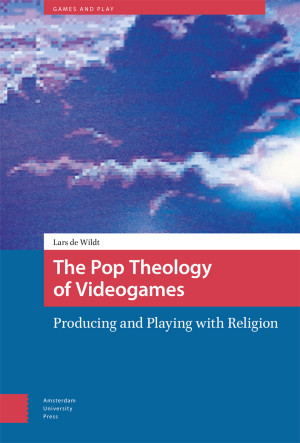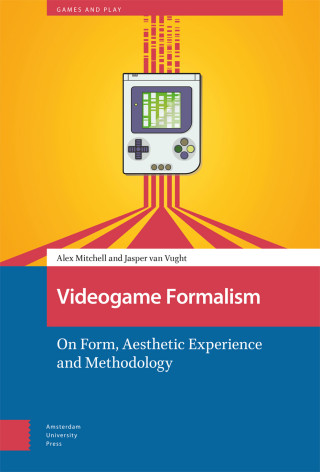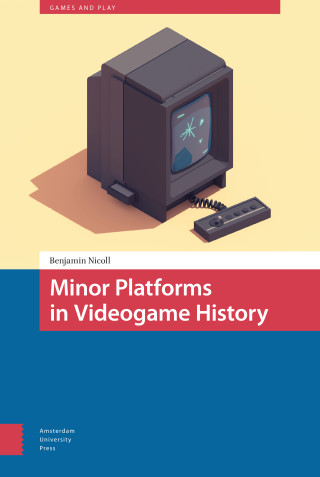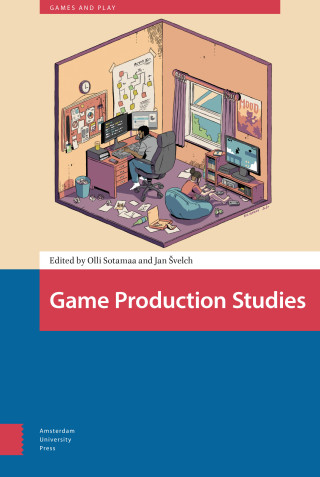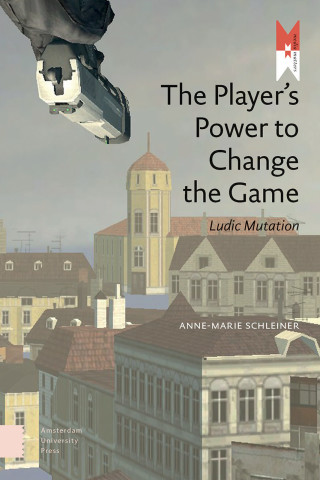Lars de Wildt
Lars de Wildt is Assistant Professor in Media and Cultural Industries at the Centre for Media and Journalism Studies, University of Groningen. He was previously a (visiting) researcher at the universities of Leuven, Tampere, Montréal, and Deakin. He studies how media industries and media cultures change each other, such as how videogames changed religion and how religion changed videogames in a post-secular age. For more, see larsdewildt.eu.

